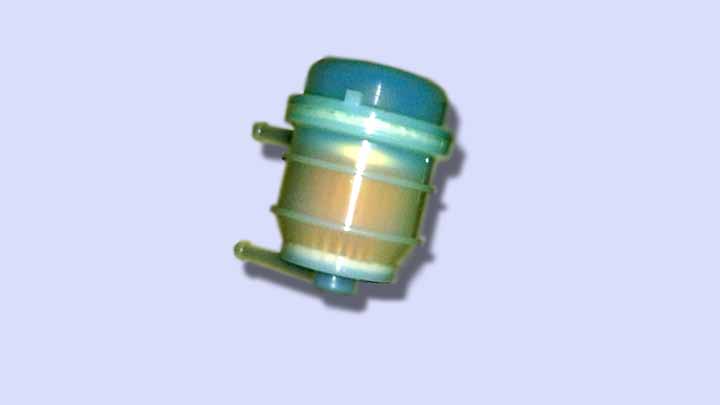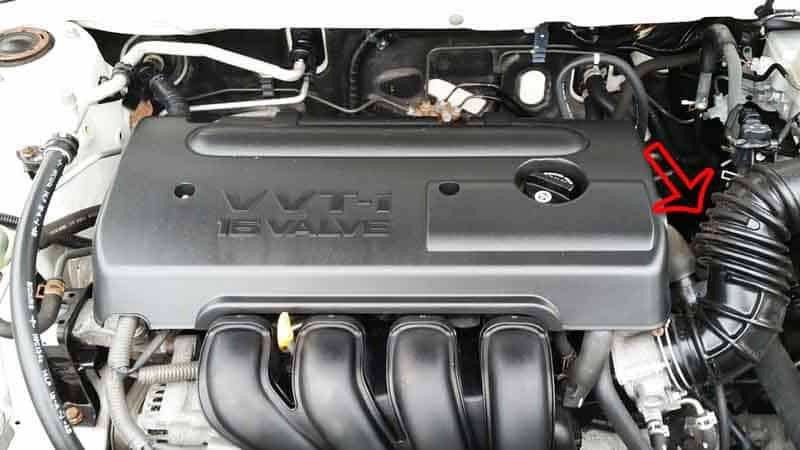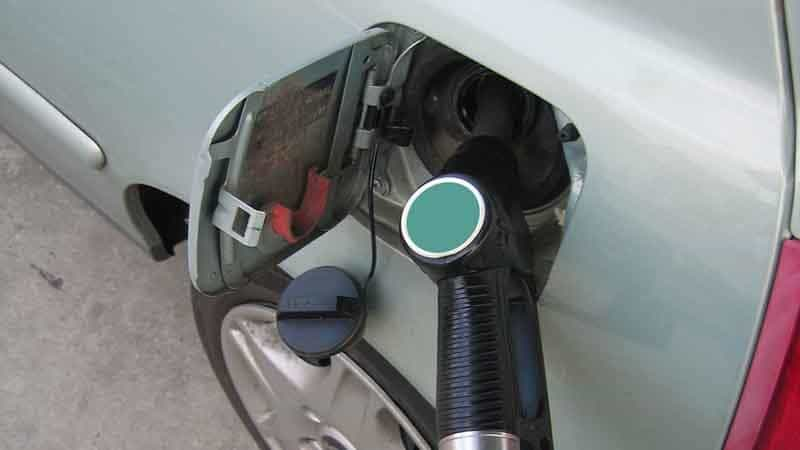
The internal combustion engine relies on clean fuel and air in order to function properly. When you pump gasoline into your fuel tank, do not assume that it will stay clean. As gasoline sits in the tank, it gets contaminated with various debris particles and pollutants that lie in there with it. Before the gasoline can get pumped into the cylinders of the internal combustion chamber, a fuel filter is needed to block this debris from passing through with the fuel. That way, the engine can continue receiving clean fuel that will keep it performing optimally.
7 Bad Symptoms
If the fuel filter gets clogged or worn out, then two things may happen. If it is clogged, it will be more difficult for fuel to flow through the fuel filter at its normal pace. If it is worn out, then contaminated fuel could end up in your engine. This would be an even worse problem for you.
Fortunately, you can easily recognize the symptoms of a bad or clogged fuel filter. It is inexpensive to replace the filter, so it is better to do that right away as soon as you notice these symptoms.
Below are the top 7 symptoms of a bad fuel filter.
1) Check Engine Light
If the engine does not get a good supply of fuel, it won’t be able to perform properly. The engine control unit is going to detect this. As a result, it will activate the Check Engine warning light on the dashboard. This normally means something is wrong with the engine, but it won’t be specific as to what it is. A bad fuel filter prevents quality fuel from entering the engine. That is why this light turns on.
2) Rough Idle
When you stop your vehicle, the tachometer’s needle should be hovering around the 1,000 RPM range. But if you see the needle moving unsteadily, whether it’s too high or too low, then you are experiencing a rough idling engine. This can happen when your fuel filter is bad.
3) Car Won’t Start
One major symptom you will be sure to notice is your car not starting. This usually means there is so much clutter and debris in the fuel filter that it won’t let enough fuel through to provide a full combustion. If the engine cannot generate power from a combustion, then it won’t be able to start up. Replace the fuel filter immediately instead of repeatedly trying to start your car. You don’t want to make your engine worse off.
4) Acceleration Problem at Low Speeds
High-speed driving causes a faster flow of fuel to enter the chamber cylinders. Even if you have a slightly bad fuel filter, high-speed driving should not be a problem. It is low-speed driving that you need to worry about because the flow of fuel will be much slower during this time. That means there won’t be enough pressure to push the fuel through the cluttered or deteriorated filter. The result will be slower acceleration while maintaining a low speed.
Read also:
- 7 Symptoms of a Bad Spark Plug in Your Car
- 5 Symptoms of a Bad Brake Booster in Your Car
- 5 Symptoms of Exhaust Leak in Your Car
5) Engine Stalling
A bad fuel filter can cause engine stalling while you’re driving. You could be driving and then all of a sudden, the engine stops. If you restart it and it stops again, you clearly have an engine stalling problem. Get your vehicle towed to the nearest mechanic because your fuel filter is likely to blame.
6) Engine Misfire
When your fuel filter is bad, your engine might receive some fuel but not enough to keep it running powerfully. It will be difficult to accelerate up to any high speed above 30 miles per hour if you experience misfires like this.
7) Engine Hesitation
Sometimes a bad fuel filter will cause your engine to hesitate under stressful driving situations, such as driving up an incline or moving after stopping. You might even feel the vehicle stumbling a bit too while this is happening.


